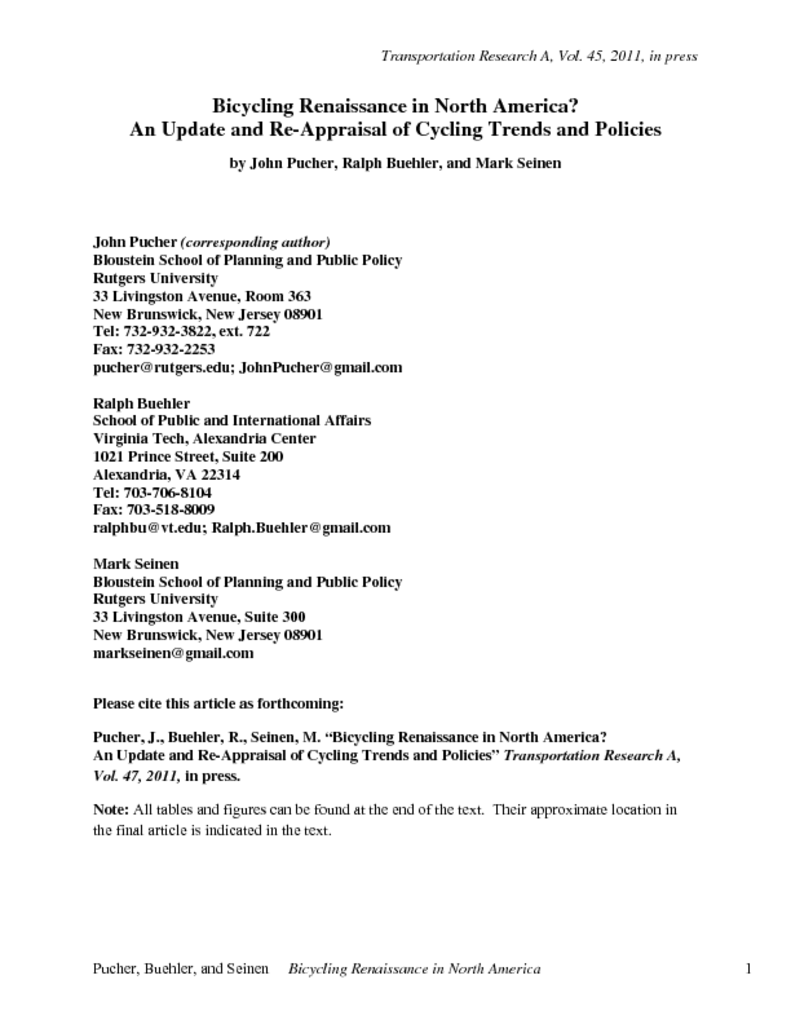Many communities in the US and around the world—whether urban, rural, or suburban—are interested in providing effective paratransit services that are also reasonably good performers from the viewpoint of environmental sustainability. Herein, paratransit will be understood in the general sense of flexible passenger transportation that does not follow fixed routes or schedules, and often serves the transportation needs of the handicapped or elderly. Typically, paratransit systems exist because laws and regulations require the services to be provided, and because governments are able to provide the needed subsidies. Public or private operators who deliver paratransit services often do so via fleets of vans or mini-buses. Paratransit ranges widely in terms of the flexibility of the provided services, which can range from relatively inflexible transportation along a more or less defined route, to fully “demand responsive” service that offers door-to-door transportation, on-demand. Given the governmental subsidies needed to support paratransit, policymakers are increasingly considering ways to operate paratransit systems more effectively. Likewise, they are increasingly interested in the environmental sustainability of paratransit.




